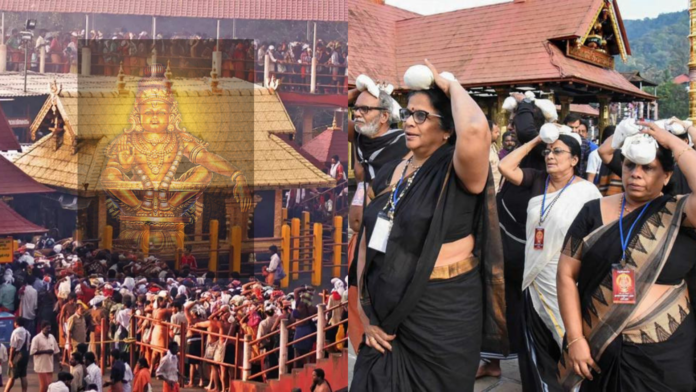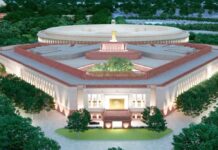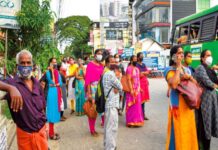Sabarimala All-Women Entry Continues, SC refers the matter to 7-judge bench
The Supreme Court verdict on the review petitions against allowing women to worship at the famous hill shrine of Sabarimala in Kerala has left both Ayyappa devotees and women elated, both claiming victory.
In a significant ruling, a five-judge bench led by Chief Justice of India Ranjan Gogoi Thursday referred the petitions seeking review of its previous judgment in the Sabarimala case to a larger bench by 3:2 majority. Very rarely are review petitions entertained and with the five-judge bench referring the matter to a larger bench signifies that there are disquieting doubts in the earlier judgement delivered in September 2018. In that ruling, the apex court had lifted a ban on menstruating women from entering the Sabarimala temple.
It is this aura of doubt in the highest judiciary that Ayyappa devotees have sought to exploit. They argue that when the 2018 judgement is itself in doubt, how can it be implemented. A possibly flawed judgement cannot and should not be implemented.
But women groups and those supporting them point out that the apex court has not stayed the 2018 order and hence women can enter the temple.
What is significant is that Justice Gogoi, while reading the verdict on behalf of himself and Justices A M Khanwilkar and Indu Malhotra, said the restriction of women into religious places is not limited to Sabarimala temple and said a seven-judge bench will decide all such religious issues relating to the temple, entry of women in mosques and practice of female genital mutilation in the Dawoodi Bohra community.
This opens up the case across a wider canvas. What is applicable in Sabarimala will also have to be made in mosques and the Parsi fire temples.
But Justices R F Nariman, D Y Chandrachud gave a dissenting verdict in the case saying that the case should look only into Sabarimala.
The verdict will surely put the Pinarayi Vijayan government in Kerala in a fix. It will have to make its stand clear just days ahead of the holy 41-day Mandala season begins. Will the government give protection and allow women to scale Sabarimala or will it remain silent?
Last year, the government gave protection to women in the 10-50 age group to have darshan at Sabarimala and had to face a huge political backlash. This year, the government may not undertake an anti-religious adventure since the 2018 verdict is being re-examined.
The government may not proactively support women who are trying to enter Sabarimala this season.
On September 28, 2018, a five-judge bench headed by then chief justice Dipak Misra had delivered a landmark 4:1 ruling setting aside decades-old restrictions on the entry of women of menstrual age at the temple. Temple custodians argue that women of menstrual age are prohibited from offering prayers as the deity there, Ayyappa, is a celibate.
There have been reactions from various quarters on the verdict. Here is a look:
Kandararu Rajeevaru, chief priest of the Sabarimala temple: “We accept it. Referring to the decision to a larger bench gives us more hope. It will extend greater strength to the faithful. It’s a good thing that the verdict considers Ayyappa devotees as a separate community. Religion and law must not be mixed.”
Senior BJP leader Ram Madhav: “On Sabarimala, it didn’t uphold the smaller bench order of last year. Hence, the Kerala government shouldn’t precipitate the matter.”
Sasikumara Varma, a representative of the Pandalam royal family: “It gives us great happiness to see this verdict. Acknowledging the sentiments of millions of Ayyappa devotees across the world, the five-judge bench has referred the case to a larger seven-judge bench. The top court has decided to re-examine its earlier 2018 verdict. It raises the doubt that the top court thinks its earlier ruling may have been wrong. The Supreme Court has noted that it is not limited to entry of women to Hindu temples, but also the entry of women into mosques. It is a matter of great happiness for Ayyappa devotees.”
Senior Congress leader and Thiruvananthapuram MP Shashi Tharoor: “I welcome the Supreme Court’s decision to refer the vexed Sabarimala issue to a larger bench.”
Former Kerala chief minister Oomen Chandy: “It has been proved that the UDF position of standing along with the faithful within the democratic limits was right. We hope that this decision of the Supreme Court will help in protecting the sentiments of the faithful.”
Supreme Court advocate A M Singhvi: “It is the victory of the law.”




















































